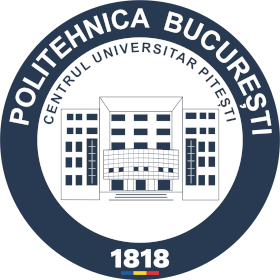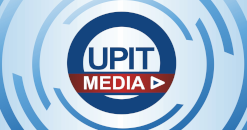- Faculties
- Faculty of Theology, Letters, History and Arts
- Department of Applied Foreign Languages
- Bachelor’s degree programs
- Applied Modern Languages
- Admission
WHY CHOOSE THE APPLIED MODERN LANGUAGES STUDY PROGRAMME?
- file-based admission;
- the applicants are required to have at least an intermediate level of proficiency in English and French. The Department of Applied Foreign Languages provides, free of charge, tuition to the students whose level of language proficiency does not meet the minimum requirements yet.
The Applied Modern Languages study programme provides students with the opportunity of studying three of the most widely spoken languages in Europe: English, French and German.
The language courses, the culture and civilisation courses, as well as the applied IT ones will provide you with a sound academic qualification, which will allow you to stand out in the highly competitive professional environment, both in Romania and abroad. Getting acquainted with Economics and Law represents a further asset within the interdisciplinary professional qualification.
If you join our study programme, you have the opportunity of training for entering the labour market by undertaking professional traineeships within companies and public institutions. Scholarships and traineeships provide you with the necessary skills to meet the intercultural and professional training requirements within the European area.
Professions: translator/interpreter, communication assistant, linguistic and cultural mediation assistant, European affairs officer, terminologist, teacher, machine learning data associate, renewal representative, copywriter, customer service analyst, logistics planner, customer support specialist, supplier consultant, flight attendant.
Professional competences
C1. Translate different types of texts: Comprehend the nature of the type of text to be translated.
C2. Translate texts: Translate text from one language to another, conserving the meaning and the nuances of the original text, without adding, changing or omitting anything and avoiding the expression of personal feelings and opinions.
C3. Develop a translation strategy: Perform research to better understand a translation issue and develop the translation strategy that would remediate the encountered problems.
C4. Review translation works: Read thoroughly translated works in order to ensure accuracy and achievement of the purpose.
C5. Use localisation tools: employ a variety of translation tools aimed at helping the localisation and adaptation processes for translation works.
C6. Use computer-aided translation: Operate computer-aided translation (CAT) software to facilitate the language translation processes.
C7. Follow an ethical code of conduct for translation activities: Carry out translation activities according to accepted principles of right and wrong. This includes fairness, transparency, and impartiality. Do not use judgement or allow personal opinions to affect the quality of the translation or interpretation.
C8. follow interpreting quality standards: Follow the agreed upon standards to ensure that the requirements for interpreters are met and to guarantee unity.
Transversal competences:
CT1. Manage quality: Pursue excellence in workplace processes, products and activities.
CT2 Meet commitments: Perform one's tasks in a self-disciplined, reliable and goal-oriented manner.
A dynamic and enthusistic team of young academics will support you throughout the entire training period, providing a stimulating and competitive studying environment.
Choose a modern, dynamic and pragmatic training by choosing Applied Modern Languages!








